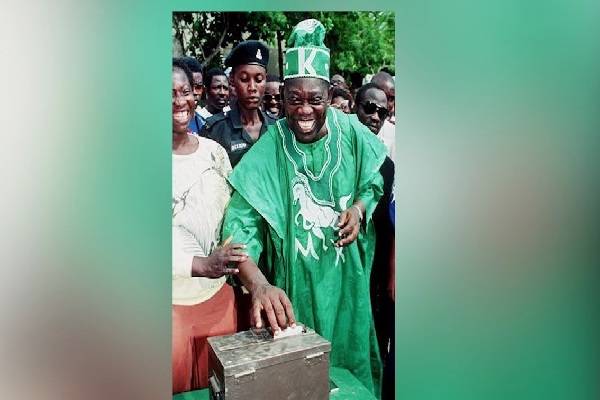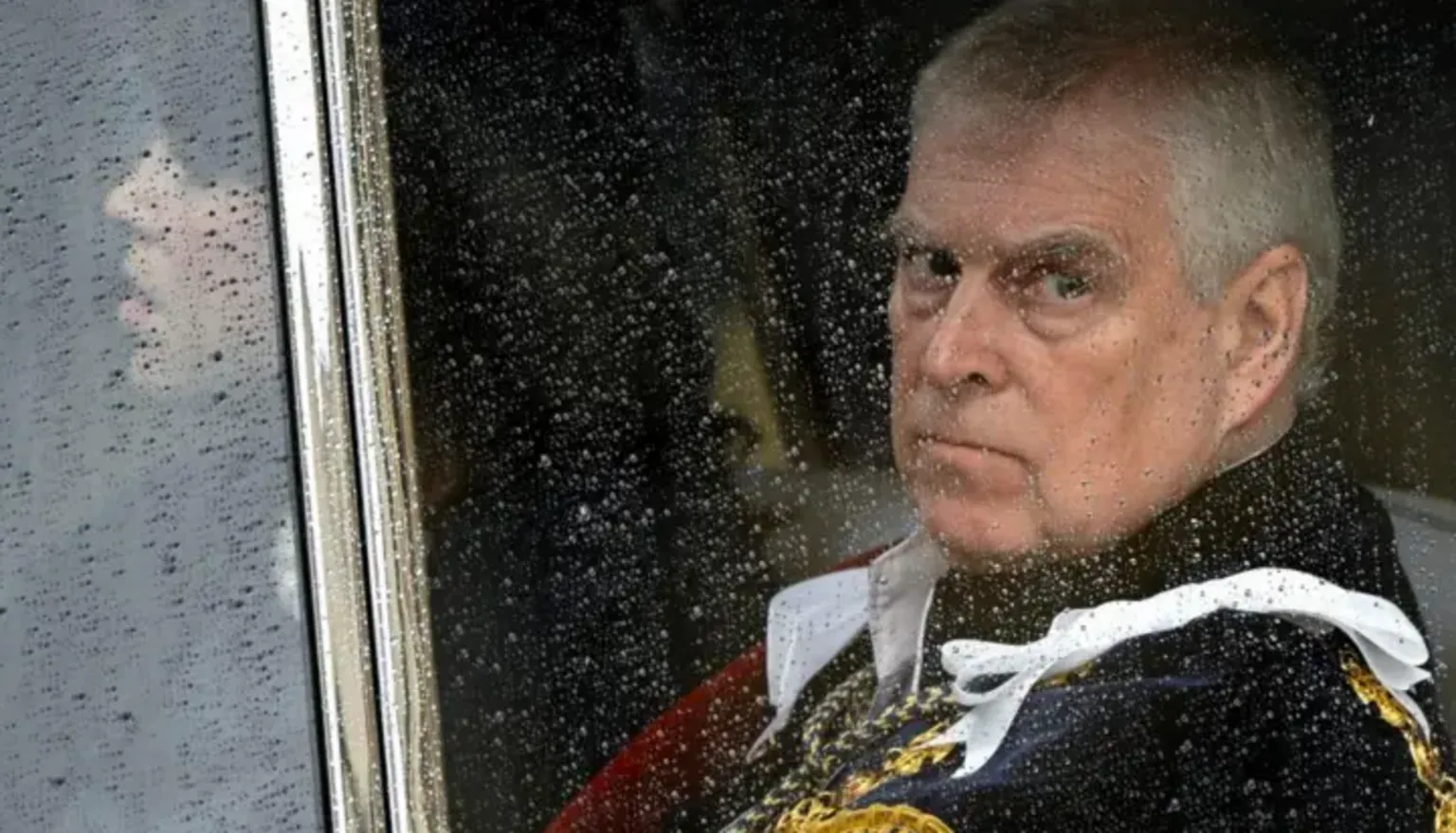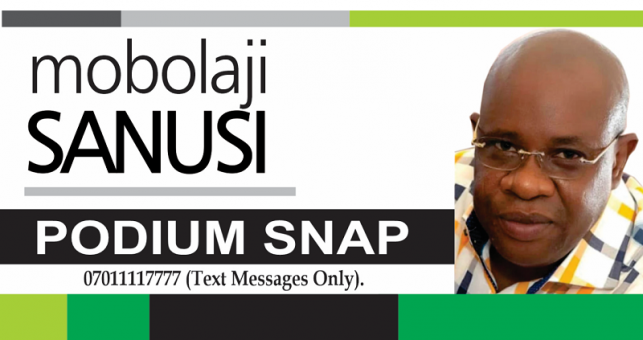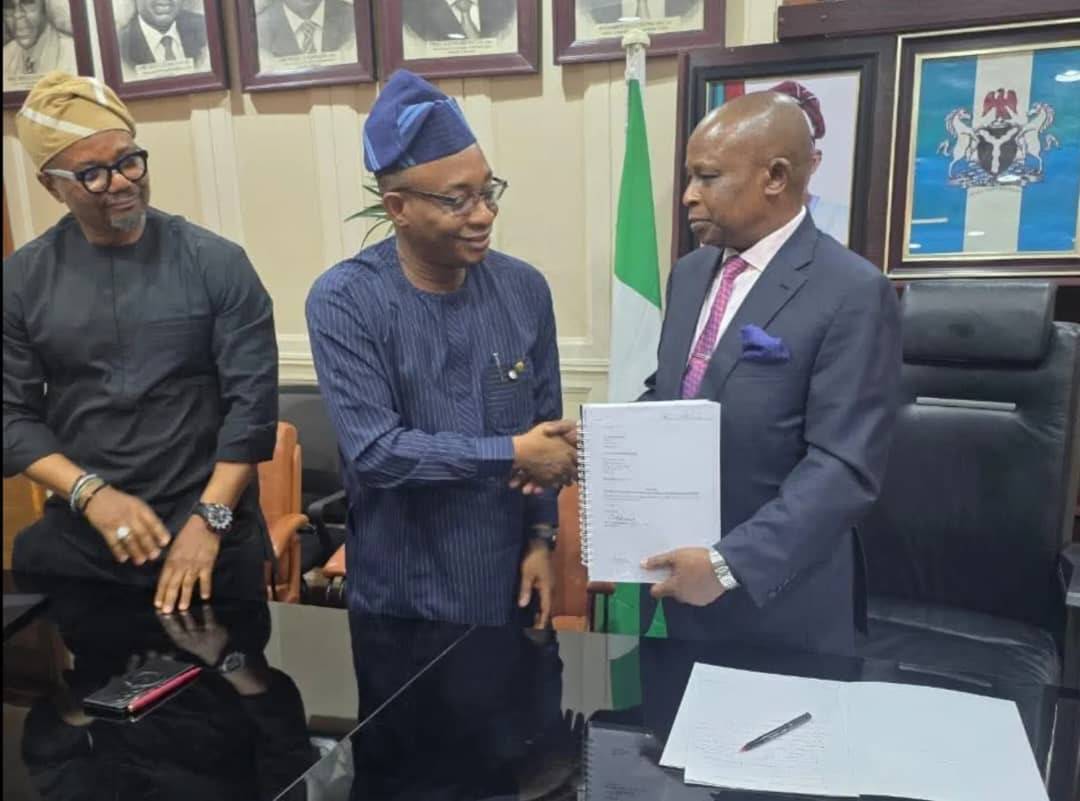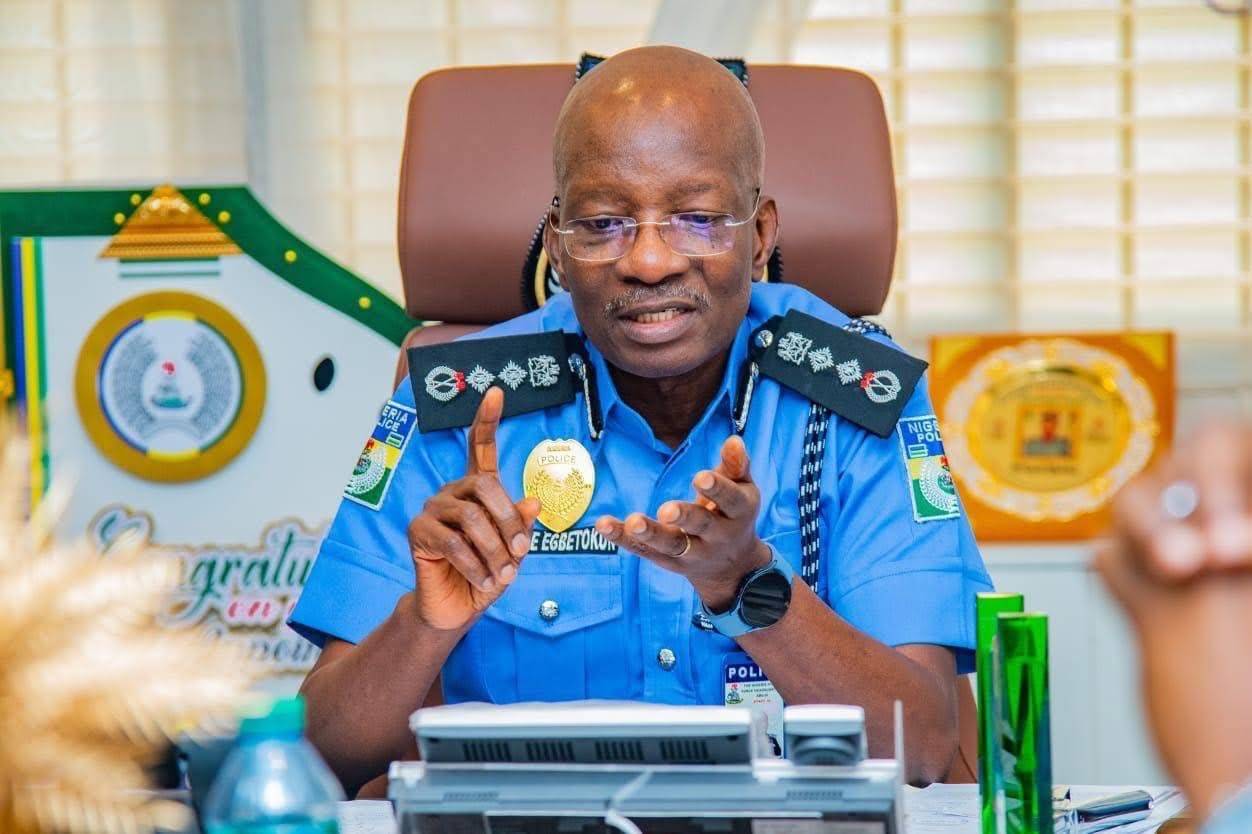By Gbade Ogunwale
Nigerians head for the polling units tomorrow to pick a new leader in the seventh election cycle of the unbroken 24 years civil rule in the Fourth Republic.
It is the first time since 1999 that a retired military general will not be on the ballot in the presidential election.
Attention tomorrow will be on former Lagos State Governor Bola Ahmed Tinubu and one-time Vice President Atiku Abubakar.
The two, who were in the same political camp in 2007 when Tinubu yielded his party Action Congress (AC)’s platform for Atiku to run for president against his former boss Olusegun Obasanjo, are now top runners on different platforms.
Tinubu is the candidate of the ruling All Progressives Congress (APC). Atiku is running on the platform of the opposition Peoples Democratic Party (PDP).
Two other candidates – Peter Obi of the Labour Party (LP) and Rabiu Musa Kwankwaso of the New Nigeria Peoples Party (NNPP) – are tipped to also do well relatively.
With vast structures across the 36 states and the Federal Capital Territory, the two big parties – APC and PDP – are being predicted to take the largest chunks of the votes at the final count.
The four candidates had traversed the country, selling their candidature to the electorate at crowded campaign rallies.
Among the four candidates, Atiku, a former vice president from 1999 to 2007, is a veteran presidential contender. He had previously contested for president in 2007, 2015 and 2019.
On the other hand, Tinubu, Obi and Kwankwaso are first-timers in the race. Tinubu was Lagos State governor from 1999 to 2007. Obi served as governor of Anambra State from 2006 to 2014. Kwankwaso was a former governor of Kano State who served at different times from 1999 to 2003 and from 2011 to 2015.
There are 14 other candidates in the race who are contesting on the platforms of their respective parties. Some of these parties are fringe platforms with hardly any presence in many states. A number of them held their campaign rallies on the social media.
Perhaps, what may be a key consideration among the voting public in tomorrow’s election is the desirability of power rotation between the North and the South in line with the principle of equity, fairness and justice.
For the sake of political stability, an overwhelming majority of Nigerians across the divides do not expect another northerner to mount the saddle after Buhari’s eight unbroken years in office.
Two of the four leading candidates, Tinubu and Obi are from the South. The former is from the Southwest while the latter is from the Southeast geo-political zone.
The other two, Atiku and Kwankwaso, are from the North. While Atiku is from the Northeast, Kwankwaso is from the Northwest.
Tomorrow’s election will signify the beginning of the exit rites for the Buhari Presidency. It will also herald the ascendancy of the head of a new government at the centre.
Culled From The Nation



